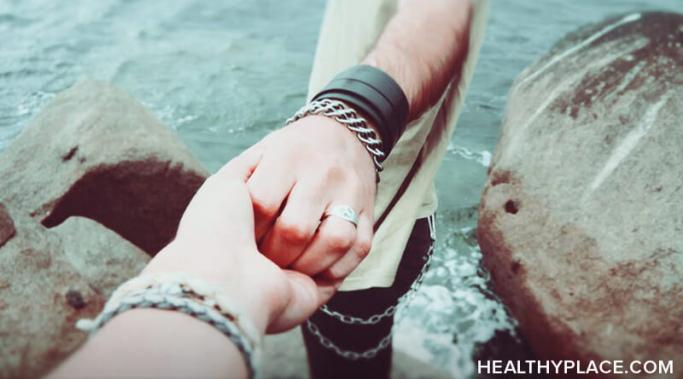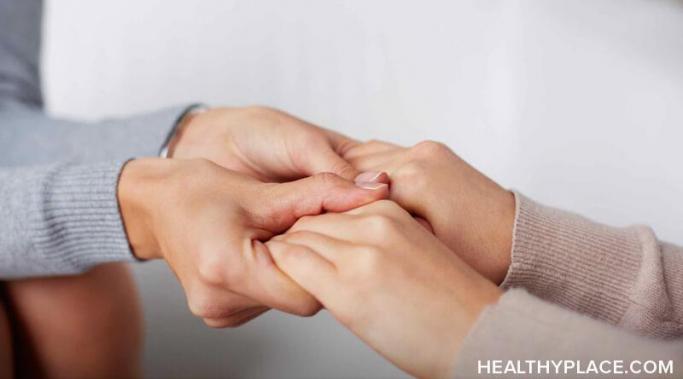Blogs
I was diagnosed with COVID-19 just over a week ago. Battling with the symptoms has tested my physical strength and my emotional fortitude. Because of the illness itself and its implications, I've had to focus on balancing my physical and mental health after a COVID diagnosis.
It is hard to set goals when you're anhedonic because of depression. In fact, many times it feels impossible. When you don't feel any pleasure, why have a goal? And it's not like the other symptoms of depression lend themselves to goals either, so it's no wonder people have problems setting goals with depression-driven anhedonia.
Witnessing verbal abuse of someone you know or love can be a difficult situation to process. Watching a friend or family member face abuse can create feelings of fear or anger in yourself while the victim is oblivious or minimizes the abuse. So what can you do if you see the mistreatment of one of your loved ones?
In still-limited ways, society is finally beginning to reopen and emerge from the restrictions of the COVID-19 pandemic, which, surprisingly, is a source of increased anxiety for many people. Shouldn't we all be relieved and happy? Is it normal to feel continued or even heightened anxiety? It is indeed normal to have a host of mixed feelings, including anxiety, as COVID-19 rules change. Here's why, plus five tips to deal with it.
I am now living alone, and almost every one of my family members and friends do not live close to me anymore. For that reason, I am used to doing almost everything by myself, because I have no other choice. But being alone by necessity has made me forget that just being in the presence of another person can be a great source of anxiety relief, and helping with flight anxiety is but part of the story.
You probably have friends or family members who deal with mental illness. And you probably want to help them. You just might not know how. That is okay. It's normal to be hesitant about how to support someone with a mental illness, especially if you don't experience the same things yourself. You don't want to do anything wrong or say something that will trigger them. Here are a few general ways you can help.
Impulsivity is a symptom of many mental illnesses, from borderline personality disorder (BPD) to attention-deficit/hyperactivity disorder (ADHD) and more. Unlike other symptoms, such as anxiety or apathy, impulsivity is still highly stigmatized and is often portrayed as being immature or careless rather than being a symptom of mental illness. Although impulsivity can definitely cause issues in your life, I would also argue that there are some hidden benefits of impulsivity.
Mental illnesses can have destructive behaviors that accompany them, and these behaviors can often be difficult to understand and, like mental health in general, cloaked in stigma. Because of that, addressing destructive behaviors linked to mental illness can be a challenge, but it's an important part of showing support to those who struggle.
Everyone has different coping methods that they choose to use, and it can sometimes seem like not all coping mechanisms are as helpful as others. There might come a time when you have to come to terms with and accept a loved one's preferred coping method. This is the story of a time I went through that situation.
Self-harm causes are hard to define. After all, each person is unique, and so is their emotional pain. However, the way we cope with difficult situations as adults often corresponds to our childhood experiences. Learning about the so-called early maladaptive schemas could help us address some of the unresolved issues that drive us toward self-injury.









